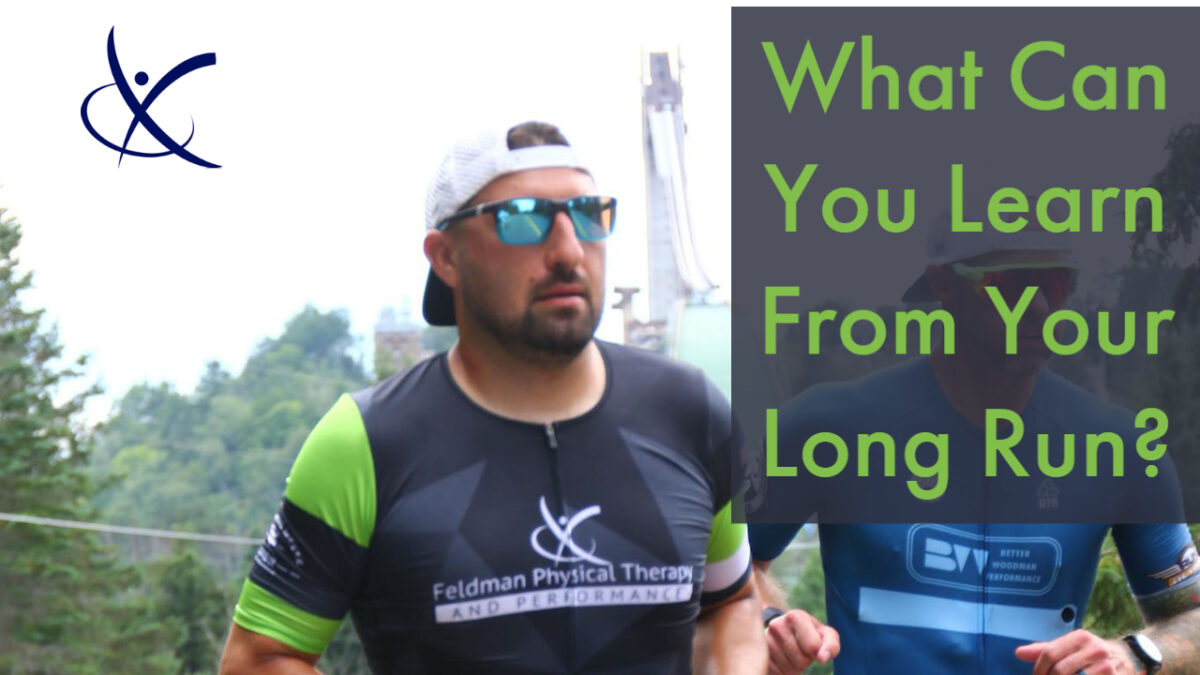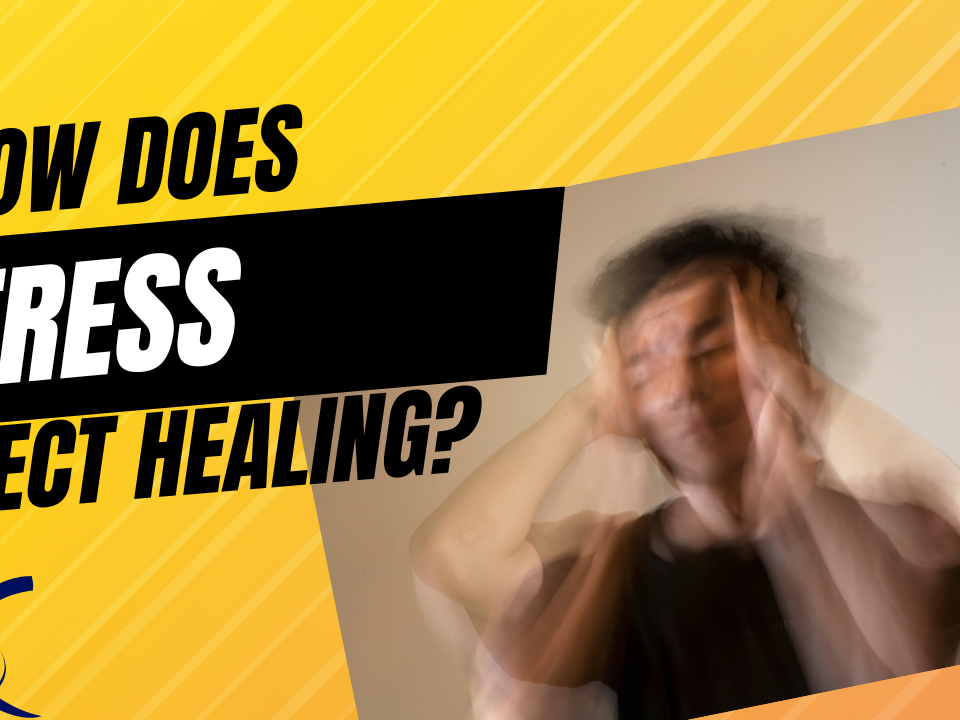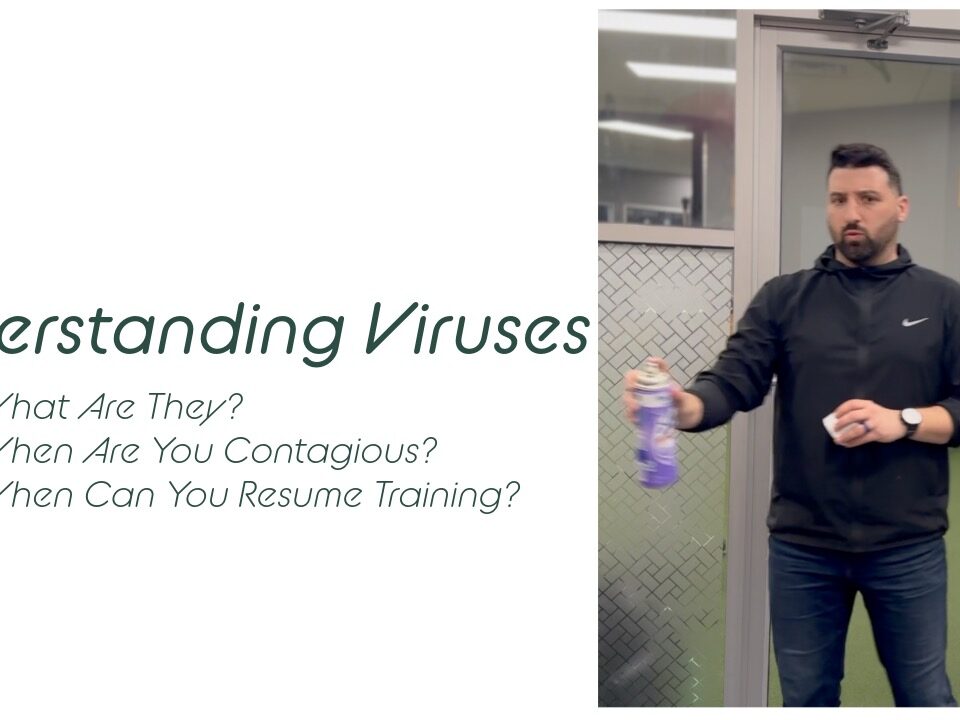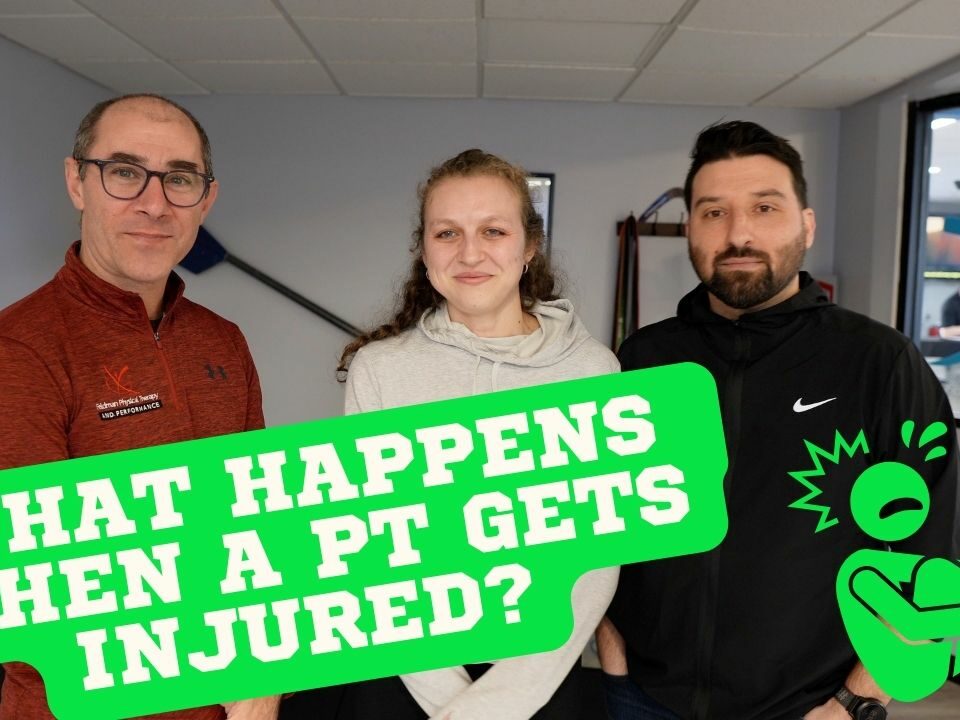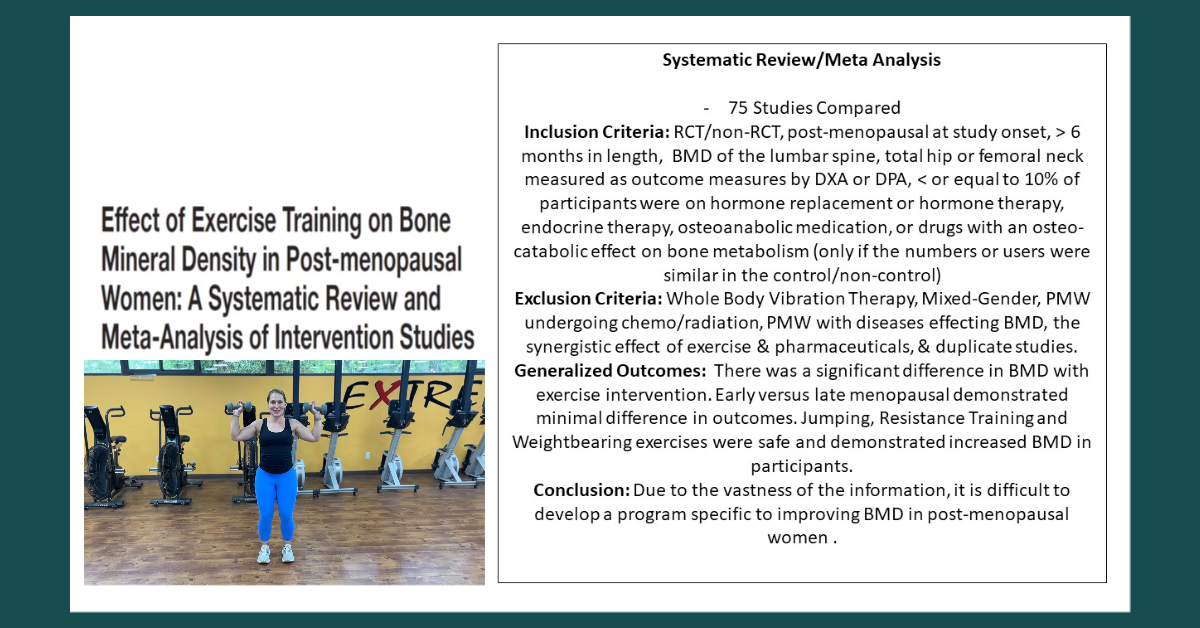
Can You Improve Your Bone Density?
August 28, 2022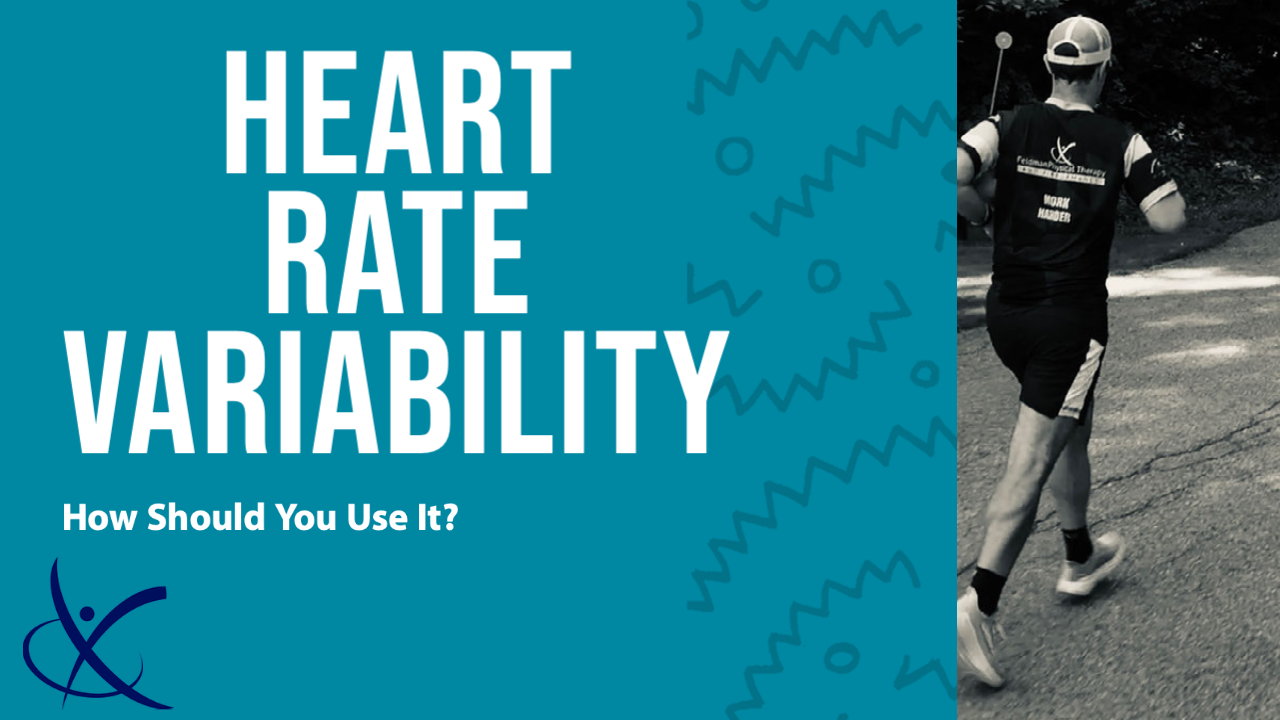
What is Heart Rate Variability?
September 11, 2022What is your long run telling you?
Recognizing the cues from your body.
I’ll admit I don’t have any special powers for talking to trees or animals. Although I talk to my dog all the time, I just pretend like we understand each other. So while my languages are limited to English and bad English, I can tell you that I understand what my body is telling me when I train. And as an endurance aficionado (that just sounds better), it’s essential to be able to pick up on the cues your body is telling you.
As a runner, the long run (LR) tends to be a crowd favorite. Runners love going long. It’s a badge of honor and we love to track mileage. My challenge is to not only focus on your pace and distance from now on but also to listen to what your body is saying. The first few miles and the last few miles are generally where I’ll pay the closest attention.
The LR tends to come at the end of the week and after the cumulative fatigue from the rest of the runs. It should also be done slower at an easy/moderate pace. So if you find that your body is struggling a bit it’s time to take notes.
It can be typical to have general soreness and some little aches at the beginning of the run. We like to suggest a 5-10 minute brisk walking to get the heart rate up and loosen things up. However, if you find that you’re really struggling the first few miles and that doesn’t let up, that’s something to take note of. Do you have excessive soreness in your legs and feet? Feeling more sluggish than usual? Not hitting your targets or your effort level is higher for that typical effort? Those could definitely be signs of fatigue or overtraining. They can go hand in hand, but you want to see if your volume has been excessive, your intensity has been higher, or your sleep and recovery have been subpar. There is a good chance one or multiple of those boxes can be checked if you’re finding your long runs are consistently rough. Because they shouldn’t be. They should be challenging, but not a bear.
If you find yourself in this situation then have some damage control plans or contingency options in place. Pacing yourself back is always a good option. Building in walking intervals throughout your LR can be useful. And honestly, sometimes just ditching the run for a walk is a good option as well. Time on your feet is time on your feet. There may be too much risk pushing through a run and you’d get more out of a brisk walk instead.
The last few miles of the LR are also quite telling. Again, some muscle soreness is expected, as is that typical burn in the legs. What I want to discuss is something less diffuse and something more specific. I’m talking about particular areas of soreness that follow a pattern. What I generally find is discomfort in the front of my hips towards the end of my long runs. I used to get it on the outside of my right hip/lower back but now I can almost predict where and when I will feel muscular discomfort. It tends to be early into the season and whenever I have slacked on my strength training.
Your mileage may vary (pun intended) meaning you may have recurring soreness in other areas, but the message is the same. That’s a unique indicator that those muscles need some attention throughout the week. Hip flexors, abductors, hamstrings, etc. Whatever the area, the weaknesses will be exploited during a long run at the end of the week when we are almost tapped out. Cumulative fatigue is great at exploiting our weaknesses and our body will remind us when we have neglected essential areas. We must ensure the capacity of the muscles meets or exceeds the demand.
So there it is. While not as exciting as Dr. Doolittle, I can help you understand some of the cues on your runs. And it may seem intuitive after reading, but these are often cues that get dismissed by many runners as typical soreness, or I just didn’t sleep well, or some other passable excuse. Things happen once in a while, but when these cues tend to become a pattern then your body is sending up a flare and you should take note, and listen.
Be a bit retrospective. Take a look at your weekly training plans and see if something needs to be adjusted. Training volume, intensity, sleep schedule, hard runs on hard work days, poor sleep, inadequate strength work, poorly timed strength work, etc. These are all boxes that can be checked off and we all have our own pitfalls. We want you to be able to avoid them!
Happy Training!


